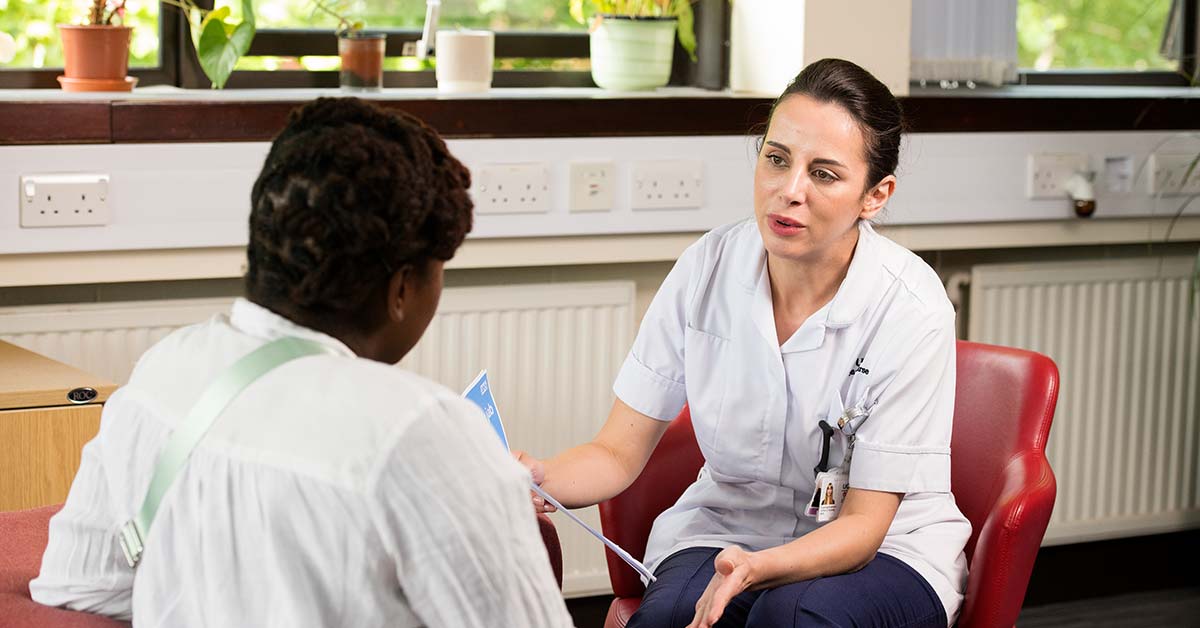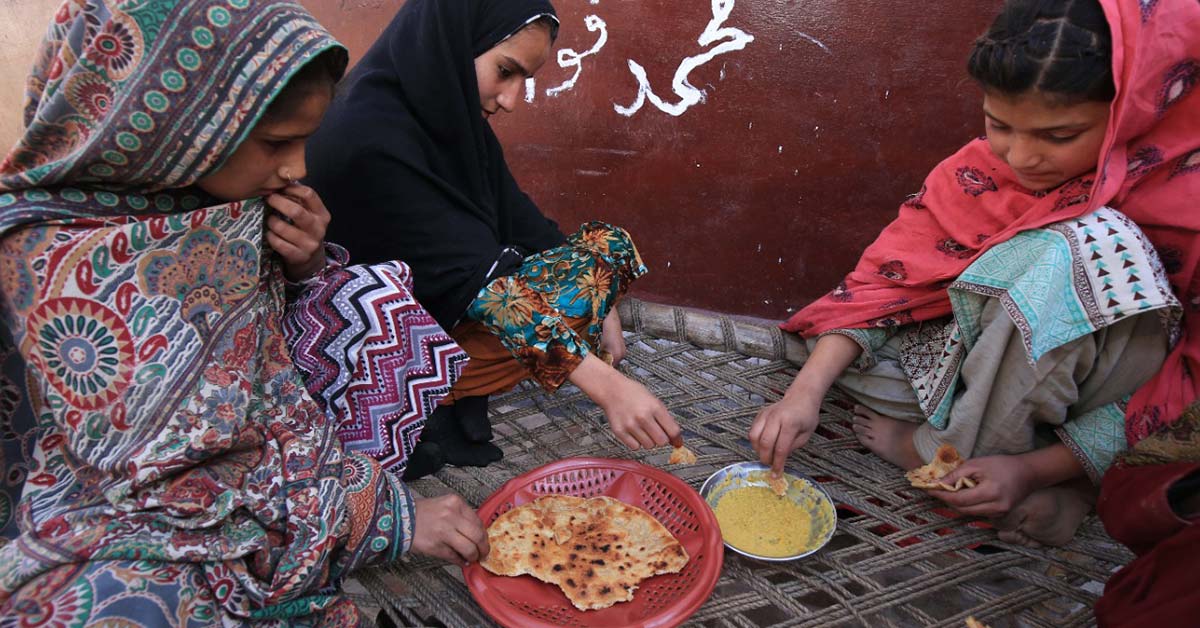
What are the next major threats to global public health?
Discover some of the biggest global public health challenges that professionals in the field will need to tackle in the coming decades.
As we emerge from a global pandemic that affected the world on a scale not seen since the Spanish Influenza of 1918, our attention turns to the next major threats to global public health.
While some of these public health issues have existed for decades, others stem from and risk being made worse by the ongoing impact of COVID-19 and other global crises.
Reimagining public health systems
Responsible for over 6.5 million deaths worldwide as of September 2022, COVID-19 exposed the existing vulnerability of public health systems and highlighted the importance of future investment in public health care research, technology, treatment and communications.
Robust and sufficiently resourced health systems and processes are needed to identify and respond to potential outbreaks of disease and other health challenges, and share information and solutions with other nations.
According to Deloitte’s 2022 Global Health Care Outlook report on the biggest issues facing the sector, there is an “unquestionable need to reimagine and transform the struggling and constrained public health systems into ones that are human-centred, inclusive, and resilient to future shocks”.
Want to identify ways to assess, protect, and improve the health of populations? An MSc in Applied Public Health could kickstart your career:
Delivering health in conflict and crisis
Considered by the World Health Organisation (WHO) to be one of the current decade’s urgent global health challenges, we need “political solutions to resolve protracted conflicts, stop neglecting the weakest health systems, and protect health care workers and facilities from attacks”.
In 2019, most of the disease outbreaks which needed the greatest level of support from WHO were based in countries where there has been prolonged conflict, including the Ebola virus disease in the Democratic Republic of the Congo and Dengue fever in Afghanistan.
Unfortunately, violent conflict can force people out of their homes/countries, leaving them with little access to healthcare. It can also weaken health systems and general infrastructure, which worsens the spread of infectious diseases.
Addressing health inequality
Differences in the social, economic and environmental determinants of health – from factors including income, gender, age, origin, ethnicity, disability, sexual orientation, class, and religion – affect a significant proportion of the world population.
Recent WHO and UNICEF data, for example, revealed the vast majority of the 18 million children who did not receive a single dose of diphtheria, tetanus and pertussis (DTP3) in 2021 were from low- and middle-income countries, including India, Nigeria, Indonesia, Ethiopia and the Philippines.
Leave no one behind (LNOB) is the core message of the United Nation’s (UN) 2030 Agenda for Sustainable Development and its Sustainable Development Goals (SDGs).
It states: “Many of the barriers people face in accessing services, resources and equal opportunities are not simply accidents of fate or a lack of availability of resources, but rather the result of discriminatory laws, policies and social practices that leave particular groups of people further and further behind.”
Climate change
Climate change can undermine public health through natural disasters, environmental shifts, ecosystem disturbances, emissions, and energy sources, threatening the availability of basic resources, such as air, water and food, and weakening health care systems.
Established in 2016 in response to growing concerns over climate change, the Lancet Countdown on health and climate change is an international, multidisciplinary collaboration.
It views climate change as “the greatest global health threat facing the world in the 21st century”, calling for “urgent, globally coordinated action to mitigate climate change and build a healthier, sustainable future for all.”
Its latest report found that the risk to human health from severe heatwaves is increasing: the last two decades have seen a 54% increase in heat-related deaths in older people (over 65s) with Chinese, Indian, American, Japanese, and Indonesian senior citizens were the most affected.
Rising temperatures will also reduce crop yields and increase malnutrition and food insecurity, which affected two billion people in 2019.
Embracing the technical and digital revolution
Digital transformation is integral to an improved future public health system: we are already seeing the benefits from data analytics, virtual care and artificial intelligence (AI), which is facilitating more personalised, real-time health solutions.
Meanwhile, through innovations like genetic mapping, 3D bioprinting and computer-driven infectious modelling, new technology can help us advance health diagnostics, treatment and prevention.
However, Dineke Zeegers Paget, Executive Director of the European Public Health Association (EUPHA), says we need to be mindful of the risks from new technology: “For instance, genetic information can be used in a more discriminative manner for health insurances or mortgage requests. And even though the digital revolution has given us access to all health information on the internet, the quality of information available is not always in our best interests (fake news). Finally, technology has also led to new ‘diseases’, such as gaming addiction, which was included in the 11th International Classification of Diseases of the WHO.”
Helping you launch your career in public health
If you’d like to become part of the solution to these and other health problems, our two-year online MSc in Applied Public Health aims to develop the skills and knowledge to meet these existing and emerging challenges in public health.
It is designed to help you achieve improvements in health in a wide variety of professional settings, from health community work and health promotion, to sport and leisure, environment and education.
To find out more, complete the form below to contact our friendly Course Adviser team, or visit our MSc in Applied Public Health course page:
Related posts
See all
A guide to public health issues
From obesity to air pollution, read our guide to public health issues, including how they’re dealt...
Read the story
What does a Public Health Consultant do?
Discover the key responsibilities of a Public Health Consultant and understand their role in...
Read the story
What is public health policy and why is it important?
Get a definition of public health policy and discover the important role it plays in addressing...
Read the story
